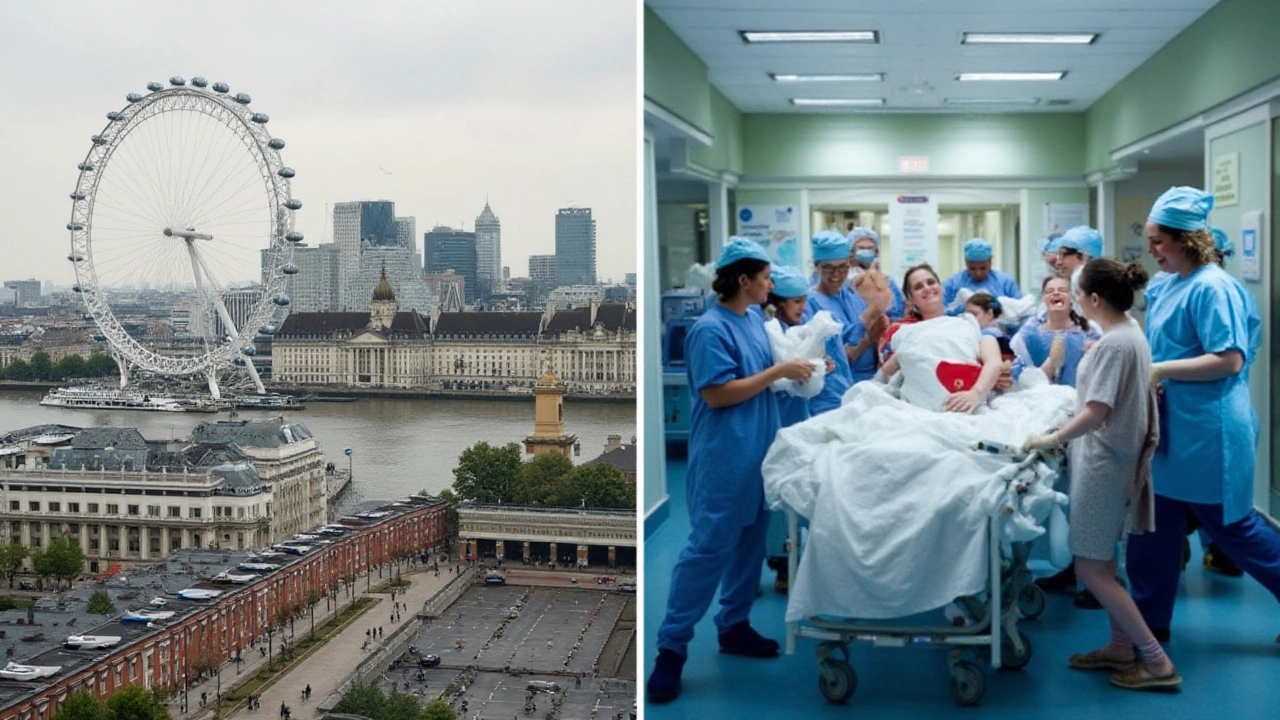NHS Services: Your Quick Guide to Waiting Lists, Private Care, and Access
If you’ve ever tried to book an NHS appointment, you know it can feel like a maze. You’re not alone – many people wonder why the system moves so slowly and whether private care is a better fit. This page pulls together the most useful facts from our recent articles so you can stop guessing and start planning.
First up, let’s talk about waiting lists. In 2025 the average NHS wait for a non‑urgent procedure sits around 12 weeks, but some specialties stretch longer. The main reasons are high demand, staffing gaps, and funding limits. Knowing the usual timelines helps you set realistic expectations and avoid surprise delays.
Understanding NHS Waiting Lists
When a list looks endless, try these three tricks. 1) Ask your GP to flag your case as urgent if symptoms worsen – a simple phone call can move you up a spot. 2) Check if the procedure is offered at a nearby hospital; some trusts have shorter queues. 3) Keep an eye on the NHS “referral to treatment” (RTT) dashboard online – it shows real‑time stats for your area.
Another hidden tip is using the NHS Online self‑referral tools for certain services like physiotherapy or mental health support. They bypass the usual GP route and often give you a faster slot. Just make sure you have your NHS number handy.
Private Healthcare vs NHS: What’s the Real Difference
Private health insurance in the UK isn’t about getting free care – it’s about speed and choice. With private cover, you can usually see a specialist within a week, and you get more control over where you’re treated. That said, private providers charge per procedure, and you’ll still pay the NHS prescription fee for medicines unless your policy covers it.
If you’re weighing costs, the average monthly premium for private health insurance in 2025 runs between £50‑£150, depending on age and coverage level. Compare that to the hidden costs of long NHS waits, like lost wages or extra pain. Some people blend the two: stay on the NHS for routine checks, but use private care for elective surgery.
For foreigners visiting the UK, the NHS offers free emergency care, but routine appointments usually require a fee. Tourists should carry travel insurance that covers medical expenses, while expats can apply for an NHS number once they register with a GP. Knowing the rules ahead of time stops nasty surprise bills.
In summary, navigating NHS services boils down to three simple steps: track wait times, use self‑referral tools when possible, and decide if private insurance adds value for your specific needs. Keep these tips close, and you’ll move through the system with far less stress.
Is England's Healthcare System Up to Par? An In-Depth Look
England's healthcare system, largely managed by the National Health Service (NHS), often sparks debates about its effectiveness and efficiency. Issues concerning wait times, funding, and comprehensive care are frequently discussed among both locals and expats. Understanding the interplay between public healthcare and private health insurance is crucial for navigating medical needs in the UK. This article explores how these factors impact healthcare in England today.

